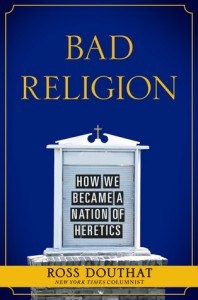Last night I heard about “know, like, trust” for the first time. Religious groups (usually YouTubers refer to cults in this case) to espionage use this marketing paradigm coined by Bob Burg. Here is the progression in short.
- Know – A person has to get to know me.
- Like – After they know me, person has to decide that they like me.
- Trust – After they like me, a person is more inclined to trust me.
To me it clicked as evangelistic in a post Christian world. While we do not lure or trick someone into the Christian faith, western Christianity no longer has automatic trust in the culture. Furthermore, some Christian groups or individuals push the truth of the Faith (or their interpretation of it) in a manner that makes them disliked, and thus not listened to, let alone trusted.
Positively, evangelism requires Christians making intentional relationships. Next, if the relationship continues, the Christian cannot stop at just being liked, but must work to build trust, not just that they trust me, but that they also know I trust them.
I can’t know everyone, but I can know someone.
I don’t expect everyone to like me, but I shouldn’t be content with merely being liked.
I build trust so I can best deliver the message entrusted to me.





